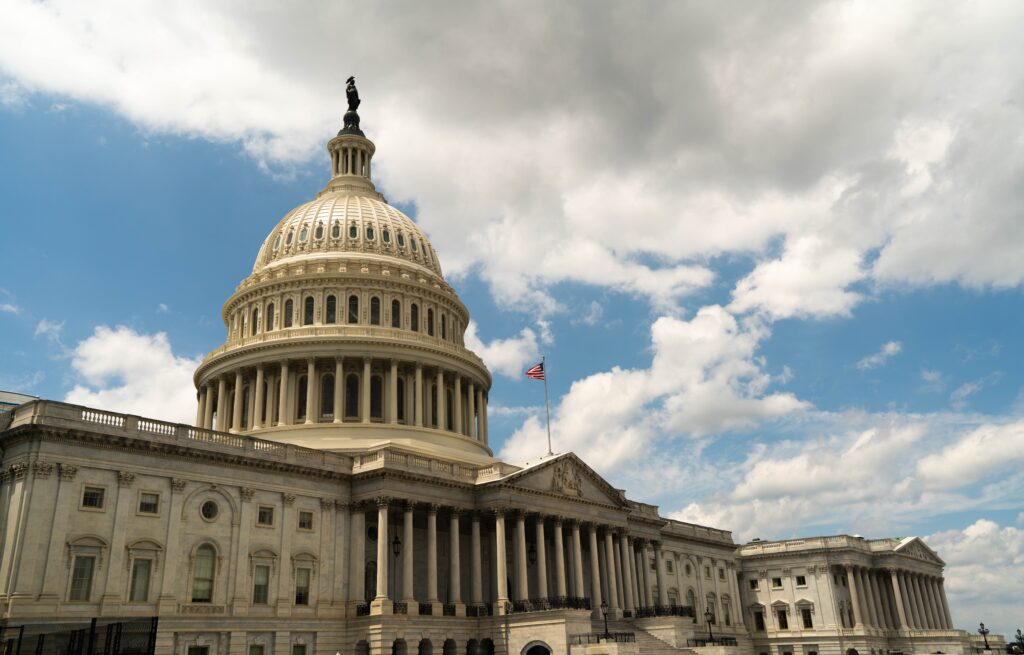
The New Congress: A Guide for Business Leaders
The midterm elections were closer than expected with Republicans seizing a slim majority in the House of Representatives and Democrats retaining narrow Senate control. That presents an opportunity for the GOP if it plays it right.
Although the widely anticipated “red wave” didn’t materialize, the political and economic situation is the same. The Biden administration has no effective plans to address record inflation or improve the economic outlook. Those fundamentals will continue to plague Biden and Washington Democrats, who appear to want to continue their progressive policies.
The shift in House control provides an opportunity for the business community and the House GOP to work together to chart a new course. Here are five changes business leaders should expect from the new House majority.
Recognition that corporate progressive activism carries risk. Many corporate players have embraced aggressive environmental, social, and governance (ESG) policies in recent years. But Capitol Hill Republicans are concerned that those policies may conflict with corporate officers’ fiduciary duty to provide maximum financial value to their shareholders. Corporations should expect closer scrutiny through congressional hearings to ensure shareholders’ interests are represented and that ESG policies are delivering on their claims. Of course, corporations won’t be prohibited from pursuing ESG agendas, but they should recognize they’re inviting substantial political and public relations risks.
Even with gridlock, the GOP can provide a forward-looking policy vision. It’s common to bemoan congressional gridlock, but business leaders should cheer the fact that the GOP House will serve as a check on the worst progressive impulses of the last two years of unified Democratic rule. More importantly, House Republicans will have a chance to invite careful input from the business community to craft and pass reasonable and practical policy alternatives centered on creating jobs, reducing inflation and energy prices, and getting the economy back on track. Even if those plans stall in a Democratic Senate, the GOP can lay the groundwork for a positive, growth-oriented vision for the future that’s been lacking the last two years.
Oversight and accountability are back. Republican committee leadership in the House means greater oversight of the executive branch, a critical responsibility congressional Democrats abdicated over the last two years. Biden’s cabinet secretaries and other appointees, who thus far have avoided congressional scrutiny, can expect to be held accountable for their shortfalls across a range of areas. They will likely face vigorous questioning about ongoing supply chain disruptions, energy policy, burdensome permitting and environmental regulations, and other issues that are holding back America’s economic recovery. Moreover, congressional Republicans will have more say over the budget and appropriations processes to limit executive branch regulations that overstep constitutional boundaries.
Expect a more critical approach toward China. We can also expect congressional Republicans (and in fact, more Democrats) to take a skeptical approach toward economic relations with China. This will have an impact on U.S. companies that have benefited from low-cost manufacturing and supply chains in Asia. Don’t expect a full-on trade war, but anticipate greater oversight and critical questioning of the U.S. posture toward our most significant economic and geopolitical rival. Corporations that conduct substantial business in China may find themselves in the spotlight.
New trade deals are off the table. Republicans maintain their traditional commitment to free enterprise and competitive markets, so business leaders can expect the GOP Congress to hold to its longstanding commitments to low taxes, more investment incentives, and less burdensome regulation. But the GOP is simultaneously evolving in response to new electoral realities. House GOP leaders and newly elected Republicans recognize their majority is owed in large part to working-class Americans and small business owners who feel their communities have not benefited from free trade, so don’t expect new trade agreements to top the GOP agenda.
How will the president respond to this changed environment? Biden campaigned in 2020 as a stabilizing moderate, but there’s been little sign of stability or moderation in the first two years of his administration, as reflected in his still-lagging approval ratings. Biden’s best bet would be to work with Capitol Hill Republicans to deliver centrist results, like Ronald Reagan and Bill Clinton managed to do when they faced partisan shifts in Congress. But it’s unlikely Biden will emerge as a results-oriented moderate in the coming months – if anything he appears emboldened by the Democrats’ better-than-expected performance, suggesting he plans to continue on the same progressive path.
The president’s rigidity offers an opportunity for Republicans. Even with a narrower-than-expected House majority, Republicans can provide a vision of stable, pragmatic governance as a forward-looking alternative to the Democrats’ agenda. Business leaders should strengthen ties with Republicans to focus on creating an environment where we can create jobs, encourage growth, and ensure more widespread prosperity than we’ve seen these last two years.
This article was originally published by RealClearPolitics and made available via RealClearWire.



